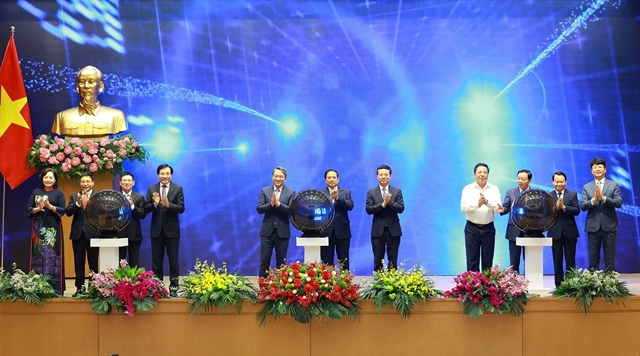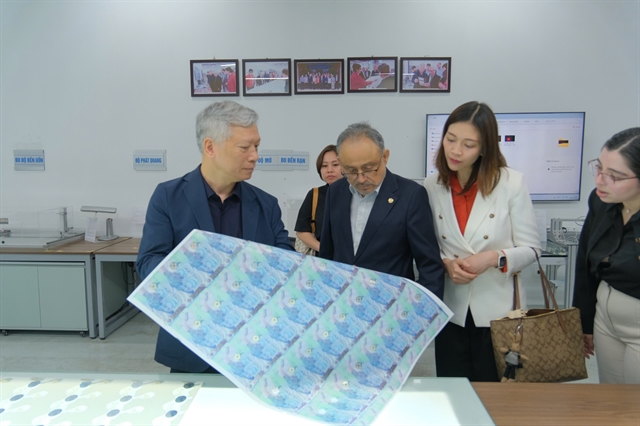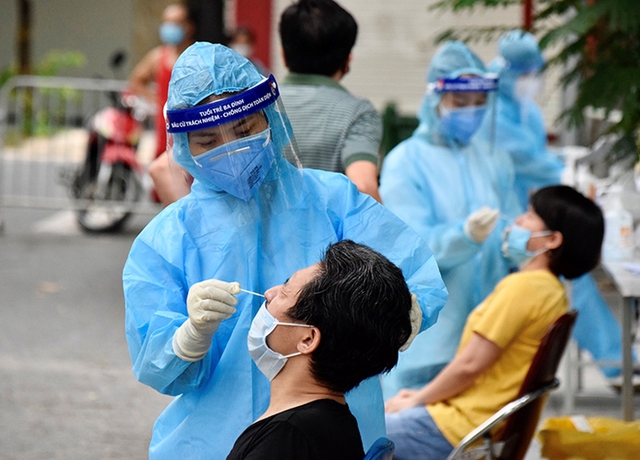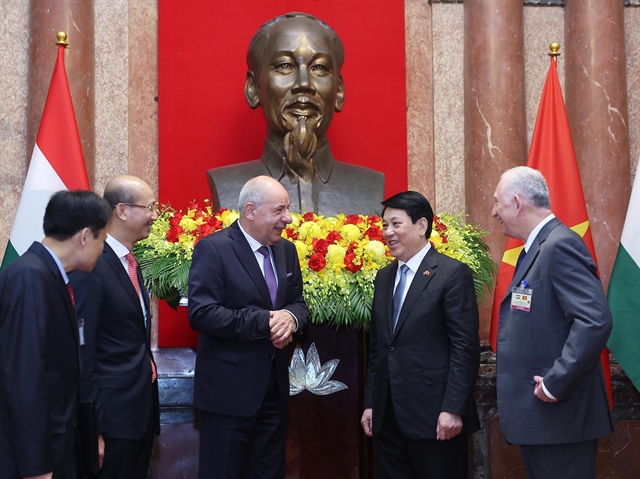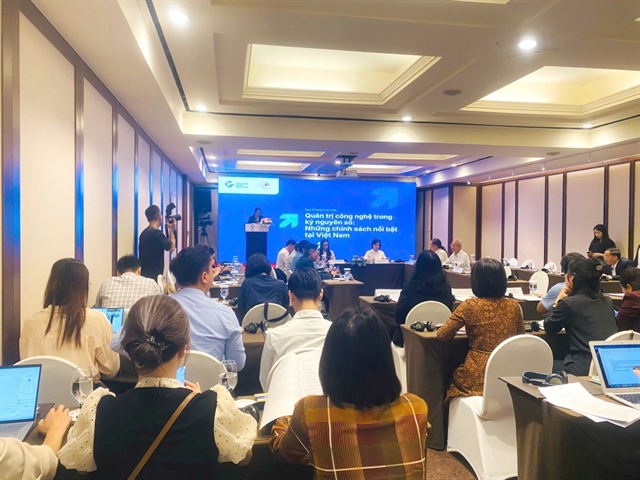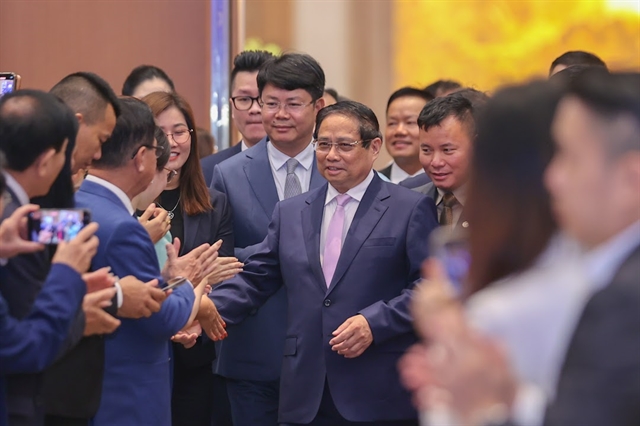 Economy
Economy
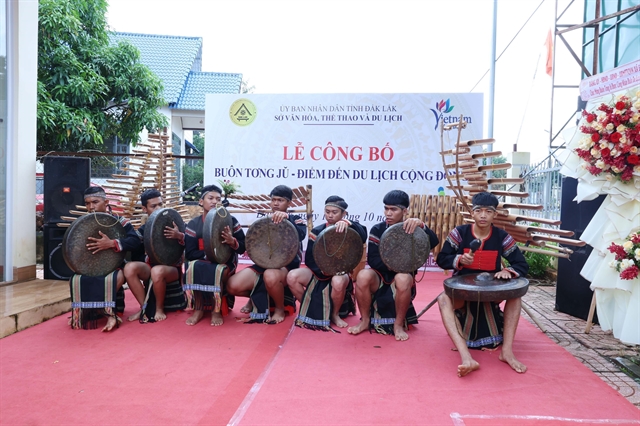
Auto businesses are concerned about Việt Nam’s future policy orientation with regard to the auto industry, which they think will affect their business strategy.
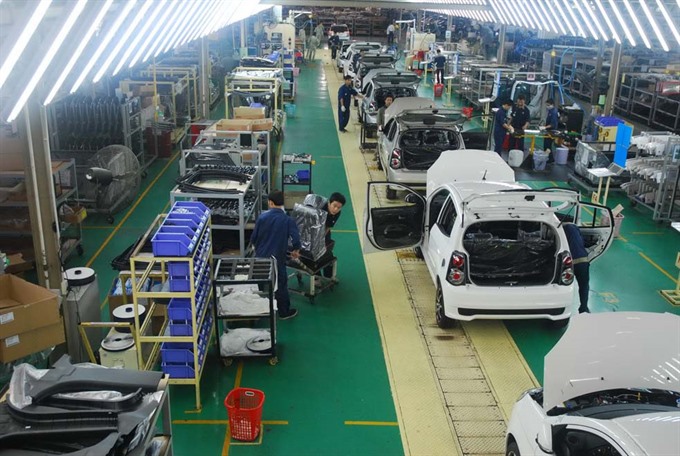 |
| Auto businesses are concerned about Việt Nam’s future policy orientation with regard to the auto industry, which they think will affect their business strategy.— Photo thanhnien.vn |
HÀ NỘI — Auto businesses are concerned about Việt Nam’s future policy orientation with regard to the auto industry, which they think will affect their business strategy.
The concerns were raised after the businesses received a Government document instructing relevant ministries and agencies to build technical barriers to control the quality of imported vehicles.
Businesses recommended that the Government maintain stable long-term policies for them to assure future investment in Việt Nam.
The request was sent to the Government after an inter-sector auto inspection team worked with 17 auto importers and locally-assembled manufacturers to solve issues while implementing the Government’s decree on car manufacturing, assembly, importation and warranty offering - a move that came into effect from January 1, 2018, and tightened car imports.
Enterprises must now receive vehicle type approval (VTA) certification when importing cars from the authorities of the importer country. Businesses can be granted VTA certification when importing vehicles from Thailand and Indonesia; however, with vehicles imported from Japan, they cannot obtain it as the Japanese Government doesn’t grant such certification for exported vehicles. The enterprises proposed that the Government allow the use of the test report from the vehicle manufacturer.
When importing cars from Europe, the auto businesses petitioned the Government to accept certificates of technical safety and environmental protection, provided by the European manufacturers, instead. Europe applies Euro 6 emission standards, whereas Việt Nam applies just Euro 4, thus the vehicles are guaranteed to meet Vietnamese standards.
In addition, businesses importing cars said that the inspection and testing procedures for each batch of imported vehicles is time consuming and costly, causing an imbalance between locally produced cars and imported ones.
Therefore, they proposed the Government consider reducing the number of samples tested from each batch of cars produced.
Regarding locally-assembled production, the auto businesses expected the Government to continue recognising the certificate of components issued in accordance with European Economic Commission without testing or certification in Việt Nam.
The investment in new trial roads is time-consuming and costly, they said, because now all automakers have invested in the test track.
Based on the recommendations of the enterprises, the inter-sector auto inspection team has directly answered 74 out of 85 queries, the remaining issues will be reported to the Government to consider and remove on a case-by-case basis.
Car prices fluctuate
After reducing import tax on CBU units to zero per cent from the beginning of this year, the Vietnamese automobile market recorded two companies have been qualified to import cars for distribution at a significantly lower cost. However, due to the scarcity of supply, some firms have increased the price of locally assembled vehicles.
According to calculations of insiders, when imported vehicles levied with zero per cent of tax incentives under the ASEAN Trade in Goods Agreement, car prices were supposed to decrease by 20 – 25 per cent compared to that of previous year. However, the Government’s Decree 116 issued at the same time required importers to meet several strict conditions that make it difficult to import cars to Việt Nam.
The remarkable point of the decree is that the importers must have vehicle type approval (VTA) certification from authorities in exporting countries.
From the beginning of the year to date, there are only two companies - Honda and GM - that imported cars to Việt Nam after they gained VTA certification from exporting countries. In March, Honda imported about 2,000 cars in four types including CR-V, Civic, Jazz and Accord. This was also the first batch of cars imported into the country since the import tax rate of autos from ASEAN decreased to zero per cent.
In the above four types, the most anticipated one is CR-V, which is priced from VNĐ963 million to VNĐ1.073 billion, close to VNĐ200 million cheaper than the 2017 price.
Along with Honda, GM Vietnam recently imported the Chevrolet Trailblazer sport utility vehicle from Thailand, priced from VNĐ859 million to VNĐ1.075 billion. At the same time, the firm announced discounts for this car from VNĐ30-80 million.
Unlike Honda and GM, the preferred imported cars such as the Toyota Fortuner, Ford Explorer, Toyota Land Prado and the Ford Ranger were not imported, as importers have not yet completed the procedures according to Decree 116.
Cars imported from Europe in general and from Germany in particular, which are subject to a 70 per cent import tax, are also heavily affected by the new regulations of Decree 116. As a result there has not been any model of Audi, BMW or Volkswagen that has been imported to serve domestic consumers so far this year.
According to disclosures from a number of enterprises, there weren’t many cars imported before 2018, as such businesses are trying to complete the import procedures to bring the car to consumers in the beginning of the third quarter this year.
The difficulties of importing vehicles to Việt Nam has led to a scarcity of supply, thus companies assembling cars domestically, which are given a 5 per cent reduction to special consumption tax, and enjoy no import duty tax, are beginning to take advantage of the situation by raising prices.
In early May, Nissan Vietnam suddenly increased the price of its model Sunny XL by VNĐ10 million, bringing the overall cost to VNĐ438 million. They also increased the cost of the model XV by VNĐ11 million, bringing the cost up to VNĐ479 million.
Along with Nissan, Mitsubishi Motors Vietnam also raised the selling price for Outlander 2.0 CVT low-end model in May an additional VNĐ15 million, to a total of VNĐ823 million.
Similarly, Truong Hai Automobile Joint Stock Co (Thaco) rose the price of the Kia Cerato 1.6L to VNĐ530 million, a VNĐ5 million increase, and increased the cost of the Cerato 2.0 to VNĐ635 million, a VNĐ6 million raise. It also raised the price of two versions of the Mazda 2 by VNĐ30 million each to VNĐ529 million and VNĐ569 million, respectively. — VNS


